Have you ever wondered why emotional trauma is so difficult to heal, or why emotional wounds grow bigger with time? Just like our physical bodies know how to heal, our emotional bodies also know how to heal, and, therefore, emotional healing should not be so difficult nor take so long.
So, what’s the problem?
Well, the biggest problem is that we misinterpret emotional pain, and, as a result, we don’t really know what we’re healing, and because we miss the underlying cause, we approach healing all wrong. Consequently, we unknowingly perpetuate our own wounds and prevent our own healing.
The good news is that once you understand the real cause of emotional wounds, you’ll immediately possess the cure – and this pivotal knowledge will give you the power to heal yourself! However, to grasp the full perspective, we’ll need to start at the beginning…
Life Is A Feedback System
Beginning in early childhood, we naturally interpret life experiences by formulating beliefs. Although we choose beliefs that seem to provide the best explanation at the time, most beliefs are based on an immature interpretation of events, and, as a result, our adult lives are based on the disempowering beliefs we developed during childhood.
Identify your beliefs
Although it’s natural to identify with our beliefs and believe they are absolutely true, by nature of being a belief, no belief is indisputably true. Beliefs are only true to the degree we make them true, and this is why a belief is called a “belief.” Not only is every belief “make-believe,” a belief only has the power we give it (through the strength of our belief).
Nonetheless, once we apply meaning to an experience, the subconscious mind accepts our assessment as unquestionable truth and then seeks experiences that prove our beliefs to be true. In fact, whether we know it or not, our beliefs create our reality. As a perfect feedback system, life demonstrates all our beliefs, and this means that as we project individual beliefs onto the 3D movie screen called “life,” those beliefs manifest as real-life circumstances – specific to each of us.
Related: 3 Kinds Of Childhood Emotional Wounds That Keep On Haunting You
Corresponding beliefs
Since empowering beliefs manifest as positive experiences and disempowering beliefs manifest as issues and challenges, the underlying cause of unwanted circumstances is virtually always one or more corresponding beliefs. Therefore, when someone has beliefs regarding powerlessness, those beliefs inevitably manifest as disempowering experiences and even victimhood.
Needless to say, until we are conscious of our beliefs, we unconsciously create most of our experiences, and, of course, this includes the disempowering circumstances that cause emotional wounds.
Since it can be difficult to discern empowering beliefs from disempowering beliefs, we all come equipped with an inner guidance system – this system of guidance is known as emotion. You see, every belief has a specific vibration associated with it, and when our minds interpret this vibration, we experience emotion.
Emotional Navigation
Just like we are equipped with eyes to see and ears to hear, emotions give us the ability to identify the quality of our beliefs. As signposts that guide our lives, emotions indicate whether a belief is empowering or disempowering:
- Empowering beliefs provoke positive emotions and manifest as positive circumstances.
- Disempowering beliefs provoke negative emotions and manifest as negative circumstances.
By acting as an internal warning system, emotional pain (aka negative emotion) alerts us to disempowering beliefs, and, in fact, emotional pain indicates that our interpretation of past or present events is based on disempowering beliefs. For instance, if we interpret a challenging event with the belief that we are unworthy, powerless, unlovable, not good enough, etc… it triggers emotional pain.
By design, the purpose of this warning system allows us to release disempowering beliefs before they manifest as (more) life experiences that represent those beliefs. Just like a fire alarm alerts you to danger so that you can prevent harm, emotional pain alerts you to “issue-causing beliefs,” so that you can release them and prevent future issues.
Unfortunately, no one ever taught us the true meaning of emotional pain, and, without this knowledge, we have falsely assumed that emotional pain is an indicator of truth!
For instance, let’s say that after your first romance ended with rejection, you began to believe that you were unworthy of love. Once you believed that you were unworthy, your internal warning system alerted you through emotional pain, and because the pain is intense, you have falsely assumed that the belief is true. So, rather than choosing to release the disempowering belief when you feel emotional pain (as life intended), you unknowingly reinforce it — resulting in a vicious cycle that is fueled by misperception.
In other words, instead of using emotional pain as intended, we falsely believe that emotional pain indicates that our disempowering beliefs are true, and, subsequently, we use emotional pain to validate our negative stories about life!
In fact, we automatically assume that the greater the pain, the greater the truth! Therefore, rather than identifying disempowering beliefs and letting them go when we feel emotional pain, we hold on even tighter!
Related: Yoga Poses To Release Emotional Pain
Emotional Wounds
Every time you use emotional pain to prove that your disempowering beliefs are true, you strengthen those beliefs, and, in direct proportion, emotional pain intensifies. Just like an alarm that gets louder the longer it’s ignored, emotional pain increases the longer you maintain disempowering beliefs, and when emotional pain lingers or escalates over time, it becomes an emotional wound.
Just to be perfectly clear, whenever you use emotional pain to prove that your interpretation of events is true, you reinforce the disempowering beliefs causing emotional pain, and when you consistently reinforce these beliefs, you either create a new emotional wound or perpetuate a preexisting one.
This means that if you use emotional pain to prove that you’re a victim, the emotional wound deepens, and your sense of victimhood increases, and, of course, the same is true for unworthiness, as well as every other disempowering belief.
Needless to say, the more we believe a disempowering belief, and the longer we believe, the more emotional pain we experience, and since disempowering beliefs manifest as real-life circumstances, it’s common to repeat negative patterns.
Hence, when we use emotional pain to indicate the truth of our story or prove an interpretation of events correct, we inevitably fuel a vicious cycle, and while repeating the issues we most want to overcome, our normal approach to emotional pain prevents healing.
The Warning
Alerting us to disempowering beliefs, emotional pain acts as a fool-proof warning system, and although this feedback system is absolutely accurate, it’s only effective if we heed the warning. Unfortunately, this is not what usually happens. Instead of saying to ourselves, “Wow, it feels really bad to believe I am unworthy, so it must be untrue,” we mindlessly grasp onto disempowering beliefs as if they are written in stone.
However, ignoring emotional pain can be just as crazy (and dangerous) as ignoring physical pain.
For instance, let’s say that while slicing veggies, you accidentally cut your finger, and, instantly, pain alerts you to injury. Now, imagine feeling the pain, but, instead of heeding the warning, you continue slicing, and, as an unfortunate consequence, you cut off your finger. Or, imagine that while you’re physically ill with food poisoning, you continue to eat the bad food that made you sick!
Of course, both these scenarios sound insane, but it’s just as crazy to dismiss emotional pain. By ignoring emotional pain, and accepting the same disempowering beliefs day after day, we set ourselves up for negative consequences, and, ultimately, more pain!
From one generation to the next, we have been misinterpreting emotional pain, and, as a result, an epidemic of unhealed emotional wounds plagues humanity. Fortunately, it’s never too late to heal, and, in fact, by releasing disempowering beliefs, you have the power to heal all emotional wounds.
How To Release Disempowering Beliefs?
Sometimes, just by acknowledging the true meaning of emotional pain, disempowering beliefs begin to loosen on their own. However, more often than not, the disempowering beliefs that cause the most pain are the most difficult to release – especially when we use emotional pain to validate their truth.
Therefore, as the first steps toward healing:
- Stop using emotional pain to validate your beliefs!
- Stop using emotional pain to prove that your negative stories about life are true!
Furthermore, before you can release disempowering beliefs, you must stop reinforcing them. For instance, as long as you judge yourself for not being good enough, there’s no way to release the belief in unworthiness, and, as long as you criticize yourself for being weak, there’s no way to release the belief in powerlessness.
By hurting yourself the way others hurt you, you perpetuate your own emotional wounds, and, as long as you treat yourself like a perpetrator might treat you, it’s impossible to heal. Therefore, if you want to heal, you must stop victimizing yourself, and this includes all forms of self-judgment — including everything from perfectionism to bullying yourself. In fact, whatever the form, you must stop inflicting emotional pain upon yourself!
Related: Emotional Muscle Memory: How To Release Painful Emotions Trapped In Your Body
Self-Love Is The Answer
No matter how you look at it, as long as you withhold self-love, you prevent your own healing, and, in fact, the more you love yourself, the easier it is to release disempowering beliefs. Therefore, practice self-compassion and give yourself what you desire from others, such as acceptance, approval, validation, understanding, appreciation, etc…, and, always, speak kindly to yourself. For instance, “You’re doing the best you can and I’m proud of you!”
Since it’s also impossible to release disempowering beliefs while abandoning yourself, you must stop abandoning yourself. For more on this topic, please read my article, The #1 Reason Emotional Trauma Doesn’t Heal – and How to Overcome It!
Remember Who You Really Are!
All emotional wounds and unhealed emotional trauma funnel down to one or more of four disempowering beliefs (powerlessness, unworthiness, loss, and victimhood), and, therefore, these are the beliefs we must identify, question, and release.
When a disempowering belief is enlightened by the truth of your unconditional worth and intrinsic power, it begins to dissolve, and you begin to heal, and, therefore, it’s important to remember who you really are!
Whether we are conscious or unconscious, we are all playing parts in the Game of Life, and although our True Selves are unconditionally worthy and intrinsically powerful, free-will allows us to believe anything we choose. By playing the Game of Life with amnesia of our True Selves, we can “make-believe” we are powerless or unworthy or believe whatever we want, but when the game is over, we inevitably wake-up as our True Selves – perfectly whole – and no worse for wear.
Find out who you really are
Even if you don’t remember who you really are, make the intention to find out, and don’t stop until you do, and, therefore, as a means of self-discovery, do your best to cultivate a meditation or mindfulness practice that works for you.
Now, you might argue that life experiences have proved your beliefs to be true. However, remember that life is a feedback system that demonstrates your beliefs. Therefore, no matter how it seems, life experiences cannot prove nor disprove any belief.
Through our own disempowering beliefs, we imprison ourselves from the inside-out, and by releasing the beliefs that trap us in disempowerment, we free ourselves!
Since disempowering beliefs can take time to release, be patient, yet, diligent, in the process. For a Belief Shifting Process (guided meditation), go to www.nanice.com/believe
Related: How Mindfulness Can Help You Let Go Of Past Hurts and Heal Yourself
More Than Healing!
By Divine Design, your emotional warning system is “priceless technology.” Although it’s intended to guide you through life, you must learn how to use it consciously and correctly. Of course, this means that you must be willing to develop a new relationship with your emotions.
As signposts that guide your way, emotions not only direct you to disempower beliefs, they also demonstrate empowering beliefs. Therefore, by paying attention to your emotions, you can identify the quality of your beliefs, and by cultivating empowering beliefs that support your dreams and desires, and releasing disempowering beliefs that manifest issues, you have the ability to consciously create the life of your dreams!
The good news is that once disempowering beliefs are identified and released, emotional pain subsides, emotional wounds heal, and reality adapts according to your new beliefs.
If you only remember one thing, remember that disempowering beliefs invoke emotional pain because they are inherently untrue!
Graciously,
Nanice
Copyright: Nanice Ellis 2019. All rights reserved.
Written by Nanice Ellis Originally appeared in Wakeup World
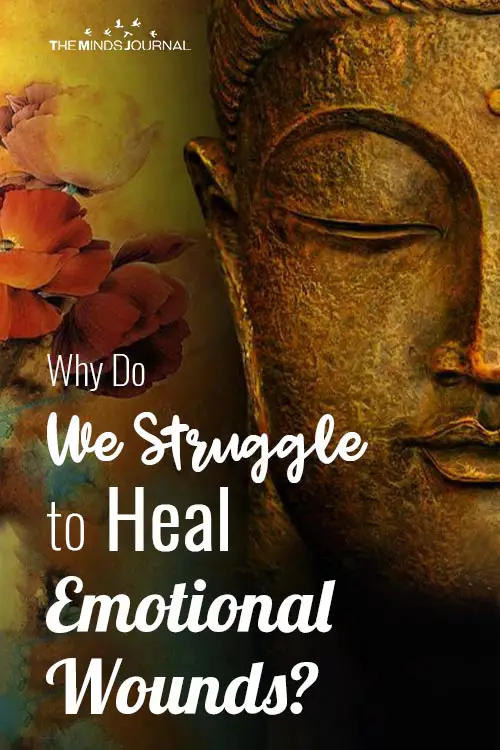
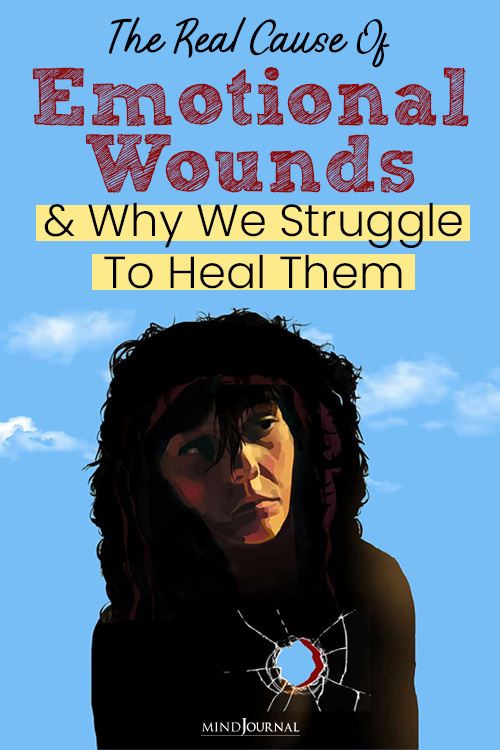
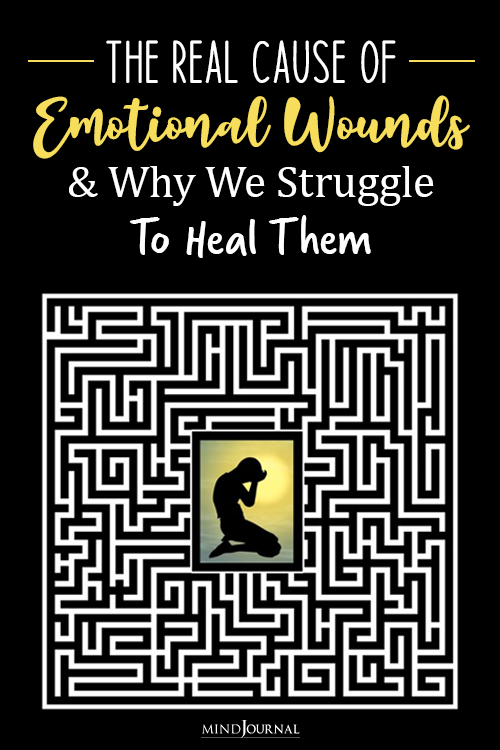
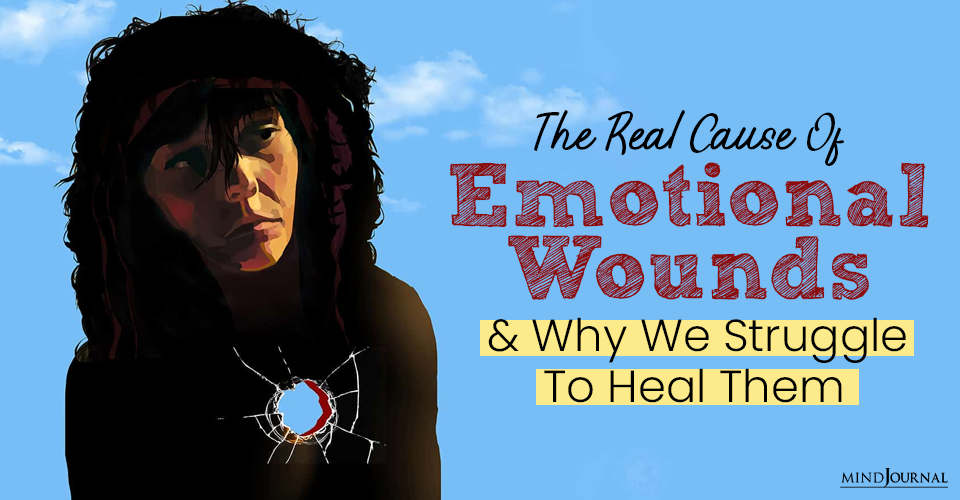






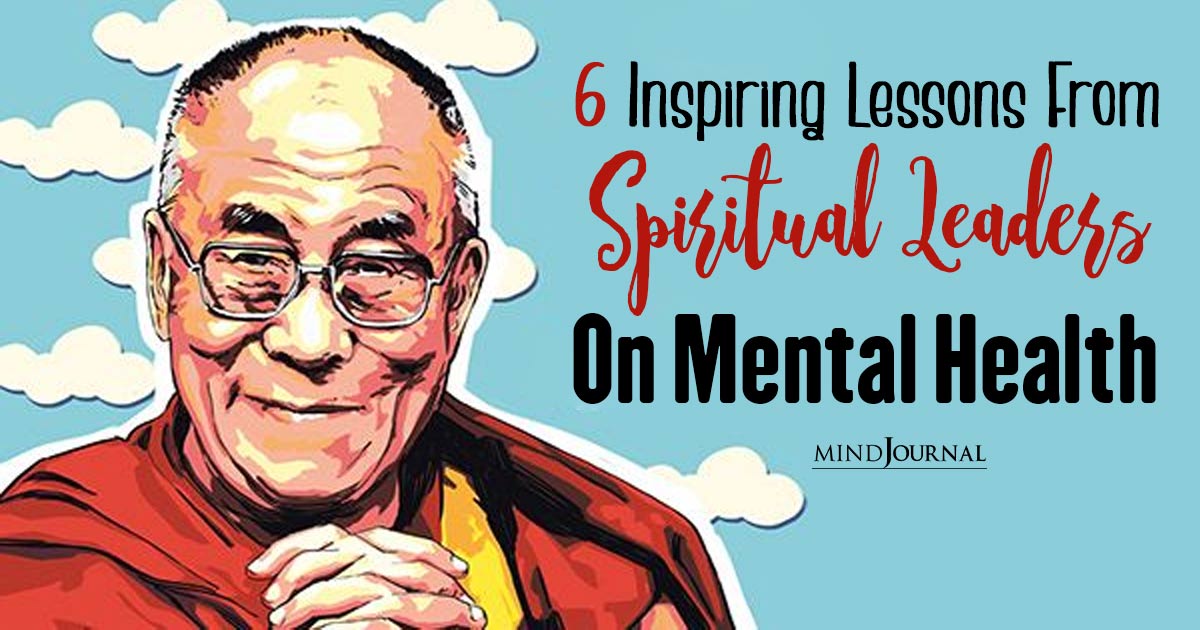
Leave a Reply
You must be logged in to post a comment.